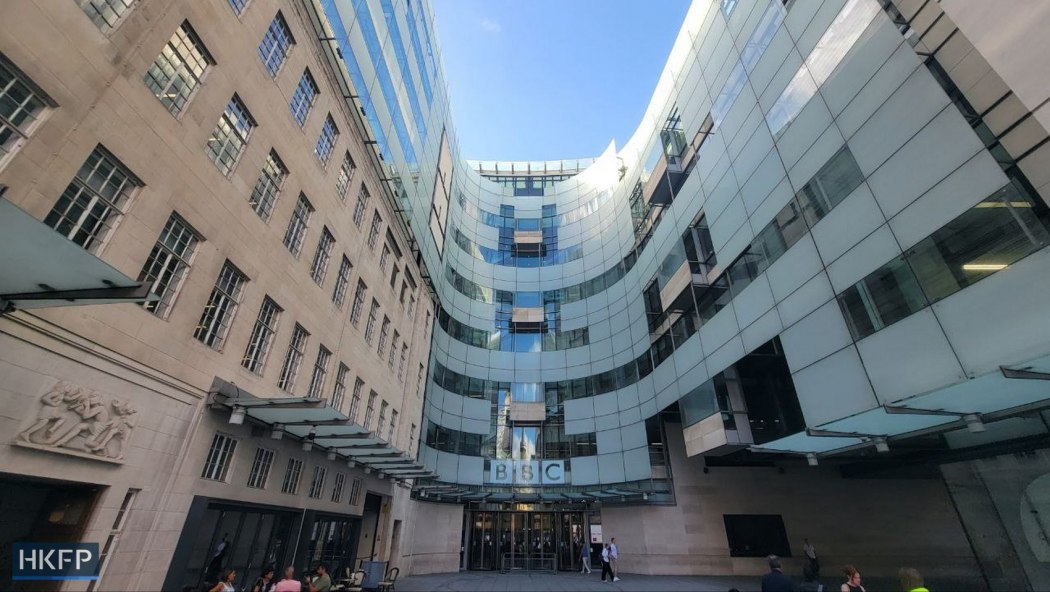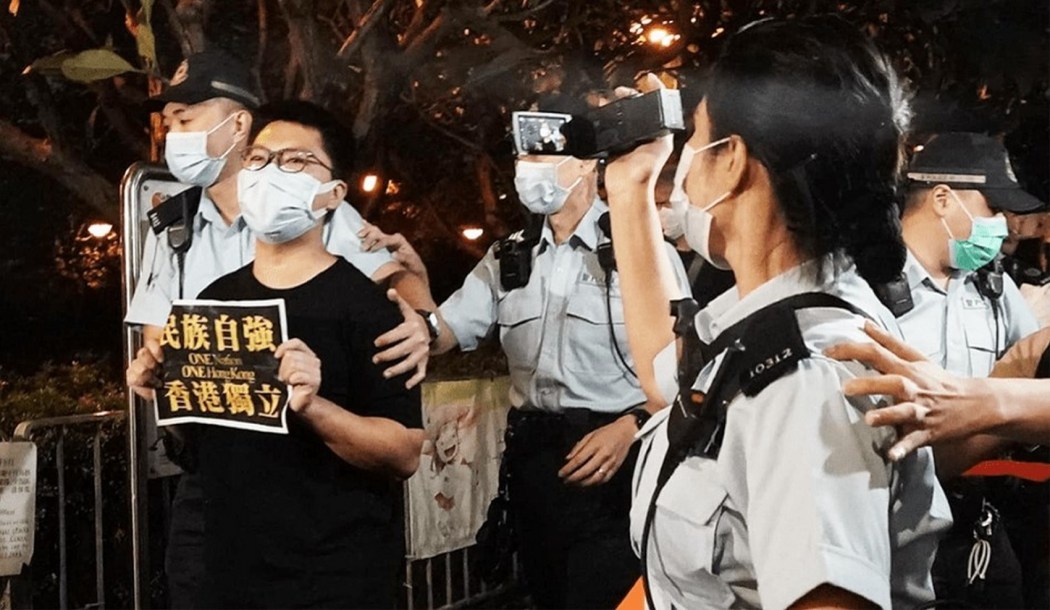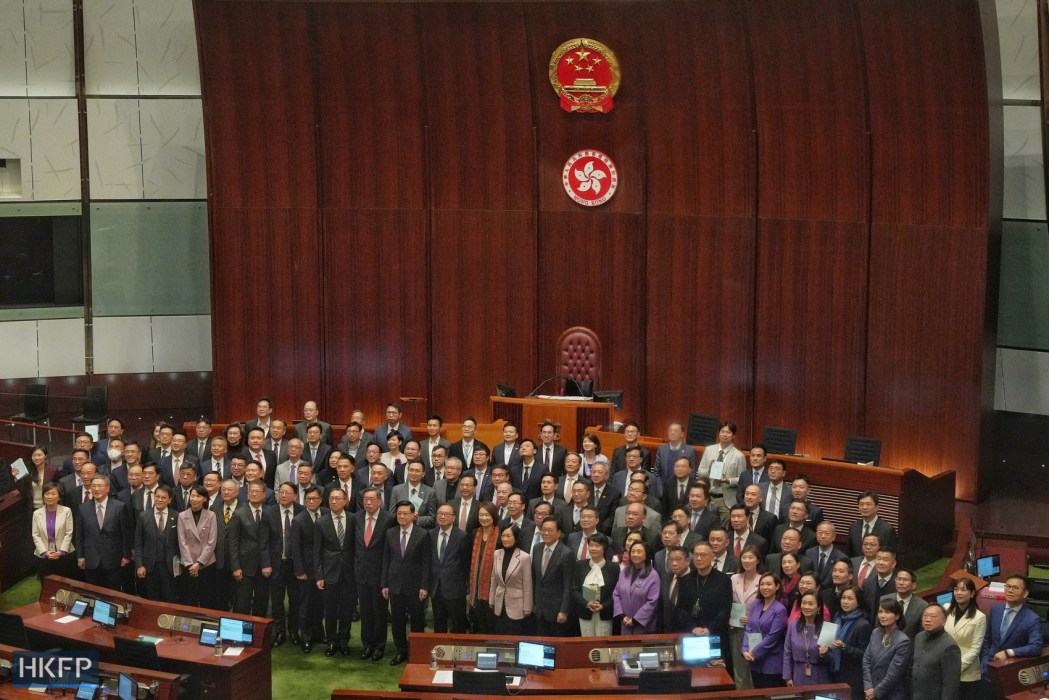The Hong Kong government has for the second time this month condemned the BBC’s reporting on the new security law. It is the latest in a string of press releases and letters lashing out at foreign media over their coverage of Article 23’s enactment last Saturday.

A spokesperson on Wednesday night said a BBC report about the remission of sentences for security law convicts was “extremely misleading,” whilst it also condemned “fact-twisting” remarks by what it deemed anti-China organisations quoted within it.
Separate to the 2020 Beijing-enacted security law, the homegrown Safeguarding National Security Ordinance targets treason, insurrection, sabotage, external interference, sedition, theft of state secrets and espionage. It allows for pre-charge detention of to up to 16 days, and suspects’ access to lawyers may be restricted, with penalties involving up to life in prison. Article 23 was shelved in 2003 amid mass protests, remaining taboo for years. But, on March 23, 2024, it was enacted having been fast-tracked and unanimously approved at the city’s opposition-free legislature.
The law has been criticised by rights NGOs, Western states and the UN as vague, broad and “regressive.” Authorities, however, cited perceived foreign interference and a constitutional duty to “close loopholes” after the 2019 protests and unrest.

The legislation raised the threshold for national security prisoners to apply for early release. A national security prisoner may not be granted early release unless the Correctional Services Department commissioner is satisfied that remission “will not be contrary to the interests of national security,” according to the law.
A BBC Chinese piece on Tuesday was reporting on the case of Ma Chun-man, who was the first security law prisoner to be denied early release. He continues to serve his five-year jail term.
The British broadcaster cited a spokesperson for Amnesty International as saying Ma’s case represented “yet another fresh taste of how the law takes a toll on the people of Hong Kong… In a few days, the law has already impacted human rights, and that it is used retrospectively. It is a deeply worrying and ominous sign.”
Prisoner sentences unchanged says gov’t
In response, the government spokesperson said in a Wednesday night press release that prisoner sentences remain unchanged: “There have been cases in which prisoners convicted of offences endangering national security absconded or continued to carry out acts and activities endangering national security when they were granted early release under supervision.”

“In order to safeguard national security and protect the public, it is necessary to impose more stringent restrictions on the granting of early release to prisoners involved in offences endangering national security.”
The spokesperson went on to reference Amnesty, and NGO Hong Kong Watch – both quoted by the BBC: “The BBC cited accusations by anti-China organisations while turning a blind eye to the United Kingdom’s Terrorist Offenders (Restriction of Early Release) Act 2020 which tightens the threshold for eligibility for the parole of offenders convicted of terrorist offences, demonstrating complete double standards.”
On Saturday, March 16, the authorities also accused the BBC of “smearing the city’s laws on safeguarding national security…” Since February, The Guardian, the Washington Post and Bloomberg have also received letters from the authorities condemning their coverage.
On Wednesday, security chief Chris Tang took aim at the New York Times over an opinion piece. Tang has also hit back at criticism of Article 23 by British Foreign Minister David Cameron, and US Consul General Gregory May.
Support HKFP | Policies & Ethics | Error/typo? | Contact Us | Newsletter | Transparency & Annual Report | Apps
Help safeguard press freedom & keep HKFP free for all readers by supporting our team

LATEST FROM HKFP
HKFP has an impartial stance, transparent funding, and balanced coverage guided by an Ethics Code and Corrections Policy.
Support press freedom & help us surpass 1,000 monthly Patrons: 100% independent, governed by an ethics code & not-for-profit.










